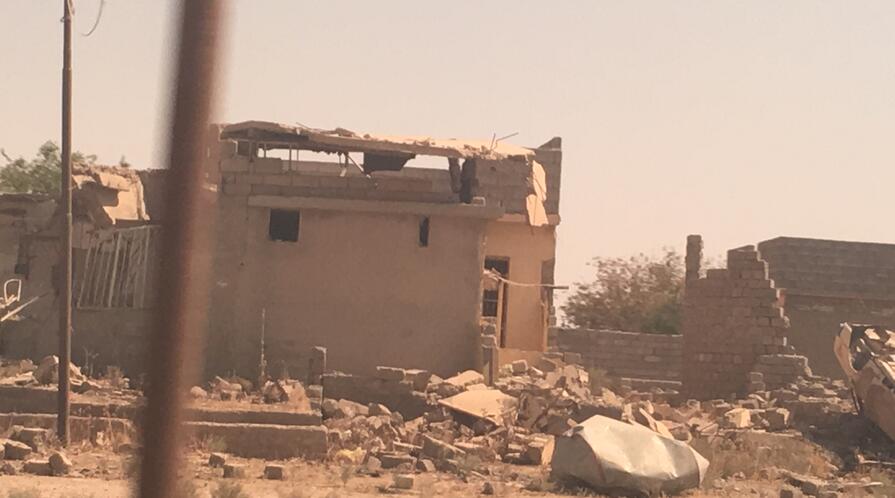“Jihadists” and Religionist Rebels: Responding to the Evolving Profile of Armed
“Jihadists” and Religionist Rebels: Responding to the Evolving Profile of Armed

On November 17, 2017, FSI and CISAC senior fellow Martha Crenshaw spoke to the United Nations about how civil wars affect terrorism. In response to her discussion, Politically Speaking published the following Q&A.
The international response to civil wars and conflicts involving armed or insurgent groups was the subject of discussion as the Department of Political Affairs recently hosted the contributors to a special issue of Dædalus, produced as part of the American Academy of Arts and Sciences’ Civil Wars, Violence, and International Responses project.
Martha Crenshaw, Senior Fellow at the Center for International Security and Cooperation (CISAC) at Stanford; Tanisha M. Fazal, Associate Professor of Political Science at the University of Minnesota; and Stathis Kalyvas, Arnold Wolfers Professor of Political Science at Yale, spoke about the evolving profile of armed groups, particularly those ostensibly motivated by religion. Following the 17 November discussion, Politically Speaking spoke to the researchers, whose work aims not only to contribute to current policy-making but also to contextualize current trends by building a larger conceptual understanding of the threats posed by the collapse of state authority associated with civil wars and insurgencies.
Politically Speaking: At the UN we often talk about the internationalization of civil wars, the mobilization of outside support, the involvement of foreign fighters and spillover effects. Can these phenomena be prevented?
Martha Crenshaw: It is not possible to contain civil wars within national boundaries or prevent linkages and spillovers, especially when conflicts involve parties motivated by transnational ideologies such as jihadism and its accompanying sectarianism. Outside actors, whether states or non-states, are drawn into or even instigate these conflicts because they have an affinity for local players and/or because they see support for specific factions as useful in pursuing their own self-interests and rivalries. Due particularly to the prevalence of social media and the ease of internet communication, civil wars in which jihadist or violent Islamist factions are fighting will attract volunteers and inspire individual terrorist attacks against the countries perceived as opposing the global Islamist cause, be they neighbors or physically distant from the battlefield. The difficulty of prevention in such complex scenarios does not mean, however, that nothing can be done. It is essential not to approach the problem piecemeal; today’s complex and messy conflicts should be considered comprehensively as wholes that may be greater than the sum of their parts. Policies for countering terrorism, insurgency, and “violent extremism” should not be compartmentalized. For example, military efforts to quell violent oppositions may succeed in eliminating the threat on the ground but in the long run stimulate support for the cause and thus perpetuate or even widen the struggle. Military victories do not automatically create stable political orders or solve the political grievances and disputes that led to war in the first place.
